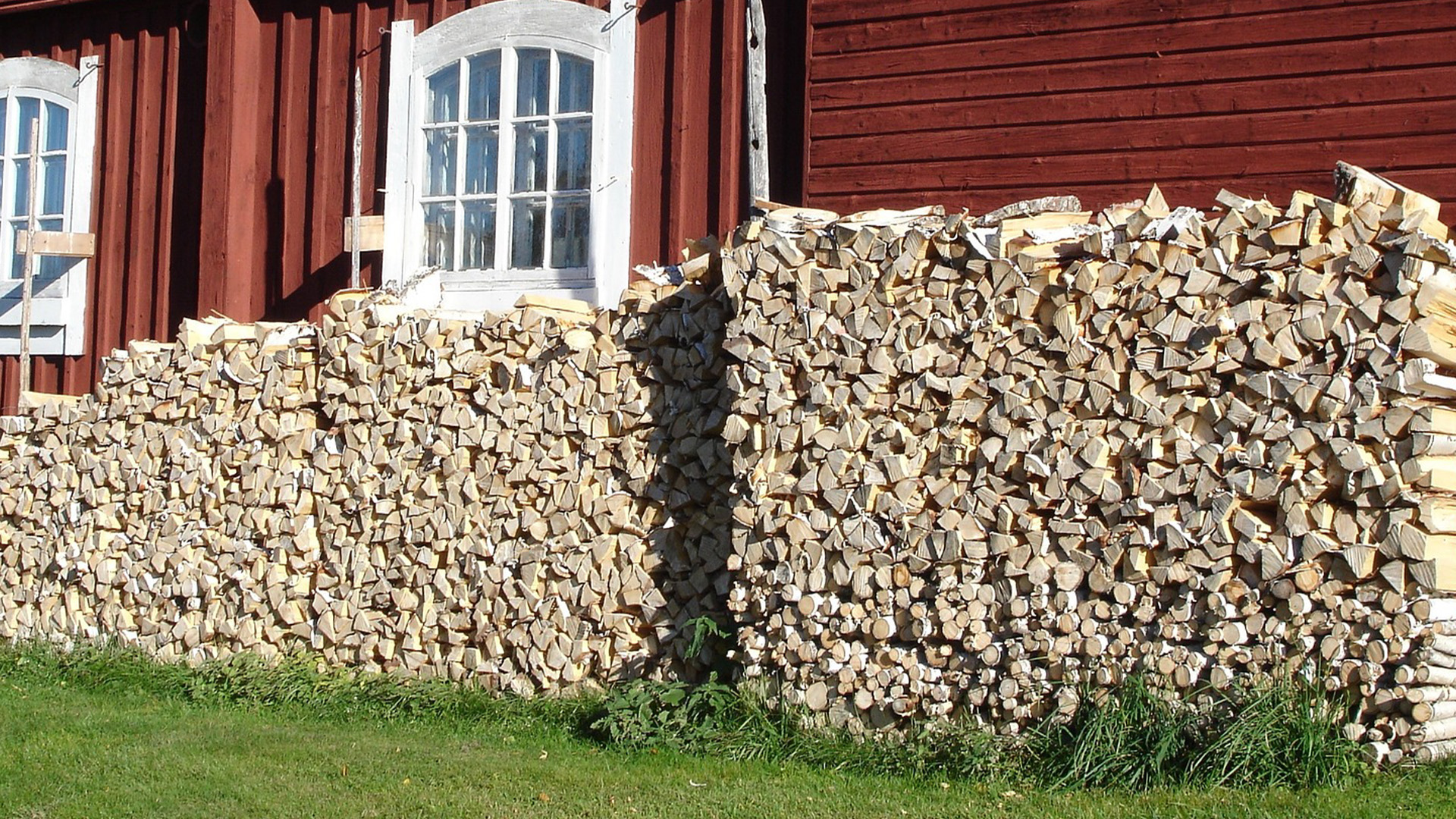With the start of spring, termites will begin swarming and looking for a nesting place. These wood-destroying pests cause $5 billion in damage every year and can be hard to control, so you definitely don’t want to share your home with them. Nonetheless, there are three ways you may be inadvertently inviting termites into your home.
1. Storing Firewood Too Close to the House
If you keep firewood stacked against your home or on the stoop for easy access, you may be providing easy access to termites as well. Wood, especially damp wood, is appealing to these voracious pests. Instead, store firewood at least 20 feet away from the house or other structures—such as sheds, barns and garages—and five inches off the ground.
2. Leaving Wood Debris Around the Yard
Property maintenance can also go a long way in pest prevention. Avoid leaving stumps and dead trees in the yard, especially close to your house, as the decaying wood is enticing to these pests. This applies to rotting structures as well, such as sheds, decks and gazebos.
3. Mulching Your Garden Beds
If you spread mulch in garden beds or against your foundation, you are providing added enticement to termites, which greatly enjoy this moisture-retaining food source. We recommend minimizing the use of wood mulch and keeping it at least 15 inches from your foundation.
Remain Vigilant
Preventing a termite infestation is easier than treating one, so avoid drawing this pest toward your residence with easy access to moisture and wood. The closer they get to your home, the more likely they’ll see it as their own.
If you see signs of a termite infestation, act fast. Spotting a swarm inside means they have already been there for at least three years. Given that a major colony can consume 40 feet of 2×4” wooden beams in a single year, it doesn’t take long for serious—and expensive—structural damage.
Give us a call and our certified termite pest control specialists will conduct a thorough inspection and recommend a termite removal service based on what they find.

